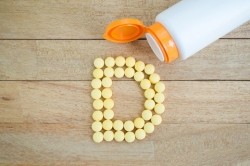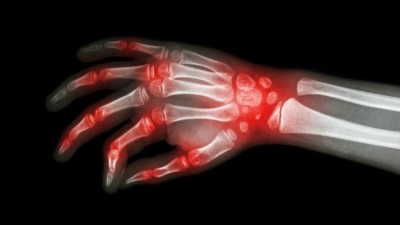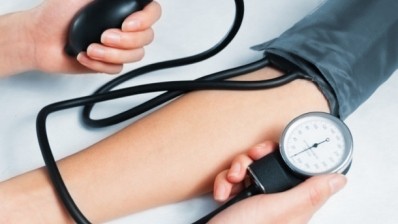Sunshine or supplements? Cholesterol concerns must be considered with vitamin D, says expert

Speaking to NutraIngredients-Asia, Dr. Anuradha Khadilkar, deputy director of the Hirabai Cowasji Jehangir Medical Research Institute in Pune, India, said high doses of vitamin D supplementation could, in some cases, raise the overall lipid profile of an individual.
This, he said, should be considered by clinicians recommending high doses for deficiencies as well as the nutrition industry making vitamin D supplements and fortified foods.
“Increases in cholesterol due to vitamin D supplements may be a health concern,” he said.
Measuring cholesterol
Discussing his recently published research in the Indian Journal of Endocrinology and Metabolism, Khadilkar said a randomized control trial among middle-aged, vitamin D-deficient Indian men showed the negative side of supplementation.
A total of 203 men, aged 40-60, participated in the study and were split into three groups – control, increased sunlight exposure and cholecalciferol supplementation.
The study ran for six months with daily interventions and an overall compliance of 95% and measured 25-Hydroxy vitamin D (250HD) levels - the major circulating form of vitamin D and the precursor of the active form – as well as total cholesterol (TC), low-density lipoprotein cholesterol (LDL-C) and high-density lipoprotein cholesterol (HDL-C) levels.
“Our results do indicate risk of adverse effects of vitamin D supplements on the lipid profile of adult Indian men,” Khadilkar said. “Though larger studies are required to confirm these results, our study cautions clinicians against the use of very high doses of vitamin D supplements.”
Results showed distinct differences in cholesterol levels between men who had increased their sunlight exposure by 20 minutes per day between 11am and 3pm and men who had taken a 1000 IU (international unit) vitamin D supplement every day.
“Our study demonstrates that with increases in sunlight exposure, there is improvement in vitamin D concentrations and lipid profile, while, in comparison, orally administered vitamin D had an adverse effect on lipid profile,” Khadilkar’s team wrote.
Among the sunlight exposure group there was a “significant decrease” in TC of 9.4% and LDL-C also dropped 7.2%. A “small decrease” of 3.3% was also noted in the HDL-C levels for this group.
By comparison, results among the group taking vitamin D supplements were very different, with a “significant increase” in TC of 5.5%, and a rise of 3.6% HDL-C and 3.4% LDL-C.
Why the difference?
The researchers said the differences could be due to a number of mechanisms at work, impacting the overall lipid profile of these individuals.
However, they said HDL-C reductions in the sunlight exposure group could be explained on the basis that the common substrate 7-DHC in skin was possibly used for synthesis of vitamin D due to increased sunlight exposure and thus reduced cutaneous cholesterol production and consequently HDL-C concentration.
“Increase in HDL-C in the cholecalciferol supplemented group could possibly be explained with the same logic, wherein with oral supplementation, lesser 7-DHC is used for vitamin D production,” they wrote.
Mechanisms for the increase in LDL-C among the supplements group remained “unclear”, they said – “it is not known whether sunlight exposure affects cholesterol metabolism by improving vitamin D status or is independent of it”.
Impact for industry…
Dr Khadilkar said it was important that, where possible, public health advice shifted away from the increasing trend of prescribing and recommending vitamin D supplementation.
“Public health advice would imply change in lifestyle in favor of natural sunlight exposure for at least one hour per day to get adequate vitamin D levels, without the risk of increase in cholesterol levels… especially in tropical countries where skin cancer risks are not very high.”
For producers of fortified foods, he said it could also be time to revise levels of vitamin D in certain products.
Source: Indian Journal of Endocrinology and Metabolism
Published: May-June, 2017, Volume 3, Pages 393-398. Doi: 10.4103/ijem.IJEM_9_17
“Randomized control trial assessing impact of increased sunlight exposure versus vitamin D supplementation on lipid profile in Indian vitamin D deficient men”
Authors: AV. Khadilkar et al.











